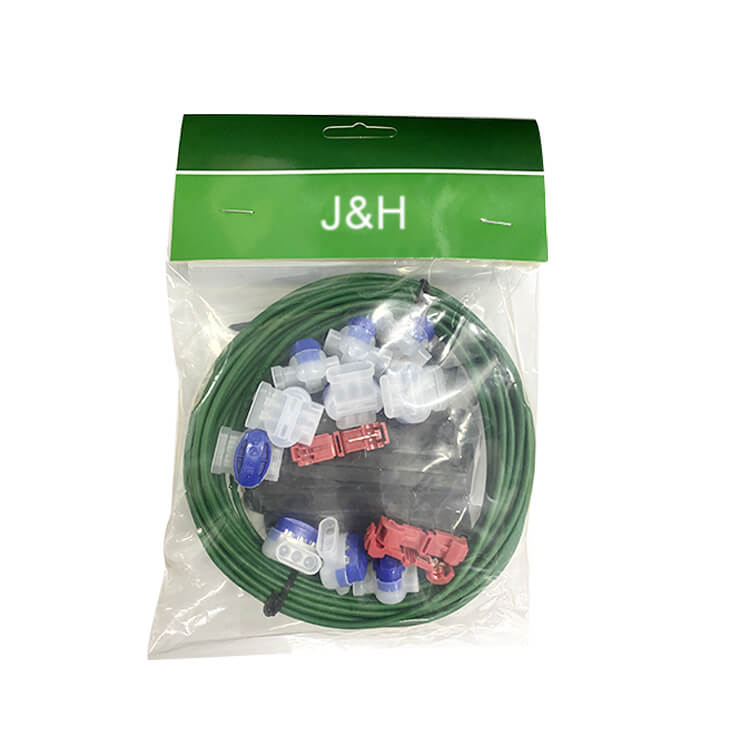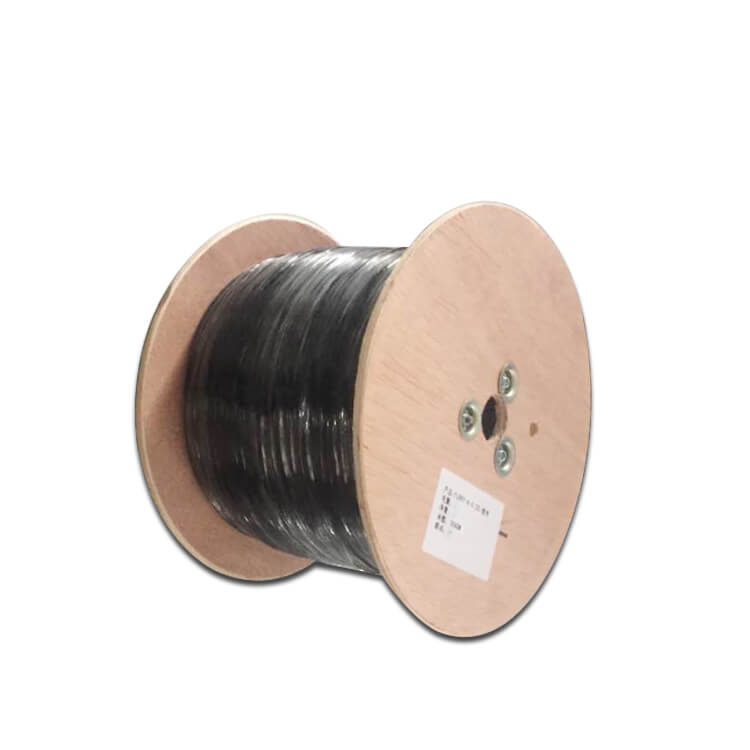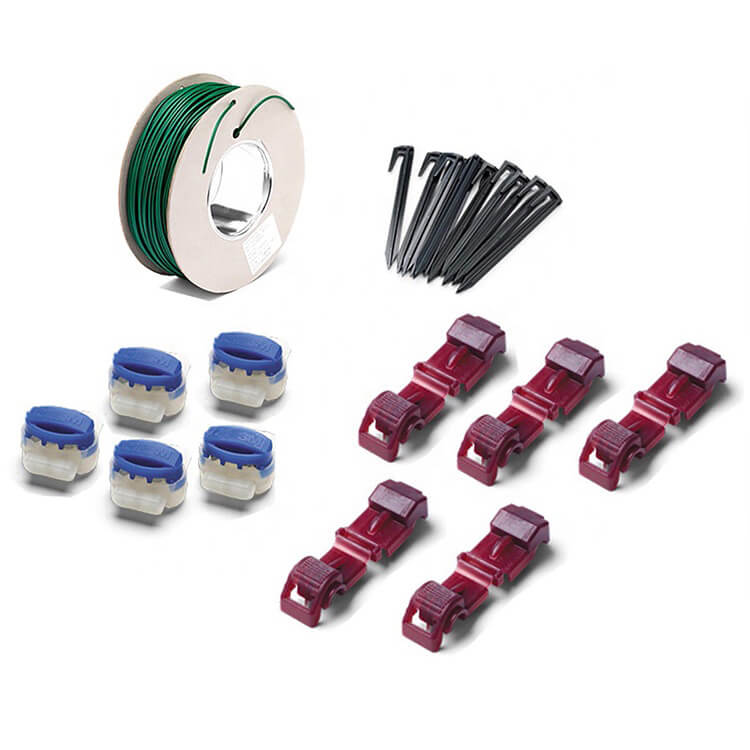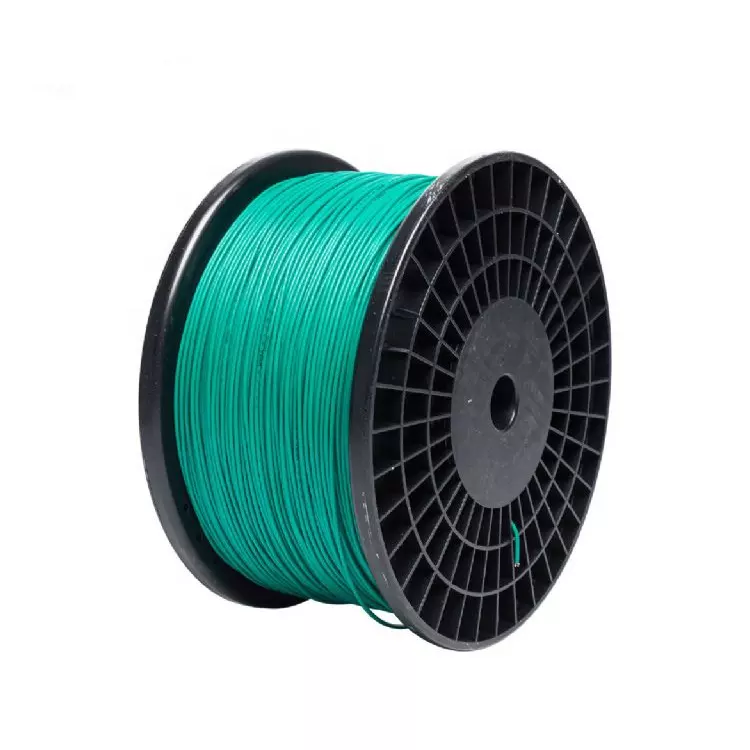High-quality automotive wire is essential for ensuring reliable performance and safety in modern vehicles. The wire serves as the primary means of transmitting electrical signals between various components in the vehicle, including the engine, transmission, and electrical system.
One of the critical functions of automotive wire is to provide a low-resistance path for the flow of electrical current. If the wire is of poor quality or damaged, it can cause resistance to increase, leading to a decrease in the efficiency of the electrical system. This, in turn, can negatively impact the performance of the vehicle, including reduced acceleration, decreased fuel efficiency, and increased emissions.
High-quality automotive wire is also designed to withstand the harsh operating conditions found in modern vehicles, including exposure to high temperatures, chemicals, and vibrations. If the wire is not robust enough to handle these conditions, it can become damaged or fail, leading to electrical faults or even fires.
Furthermore, modern vehicles are becoming increasingly complex, with more electronic components and systems than ever before. This means that the demands placed on automotive wire are growing, and the wire must be capable of handling higher voltages and currents to ensure reliable performance.
In summary, the importance of high-quality automotive wire in vehicle performance cannot be overstated. It is a critical component of the electrical system, providing a low-resistance path for electrical current, withstanding harsh operating conditions, and ensuring reliable performance and safety in modern vehicles.

 ENGLISH
ENGLISH 简体中文
简体中文 GERMAN
GERMAN SPAIN
SPAIN info@zjjhcable.com
info@zjjhcable.com +86 181-5747-1135
+86 181-5747-1135







 Abroad:+86 181 5747 1135
Abroad:+86 181 5747 1135 FAX: +86 574 8900 7636
FAX: +86 574 8900 7636 E-mail: info@zjjhcable.com
E-mail: info@zjjhcable.com

 read the map
read the map

